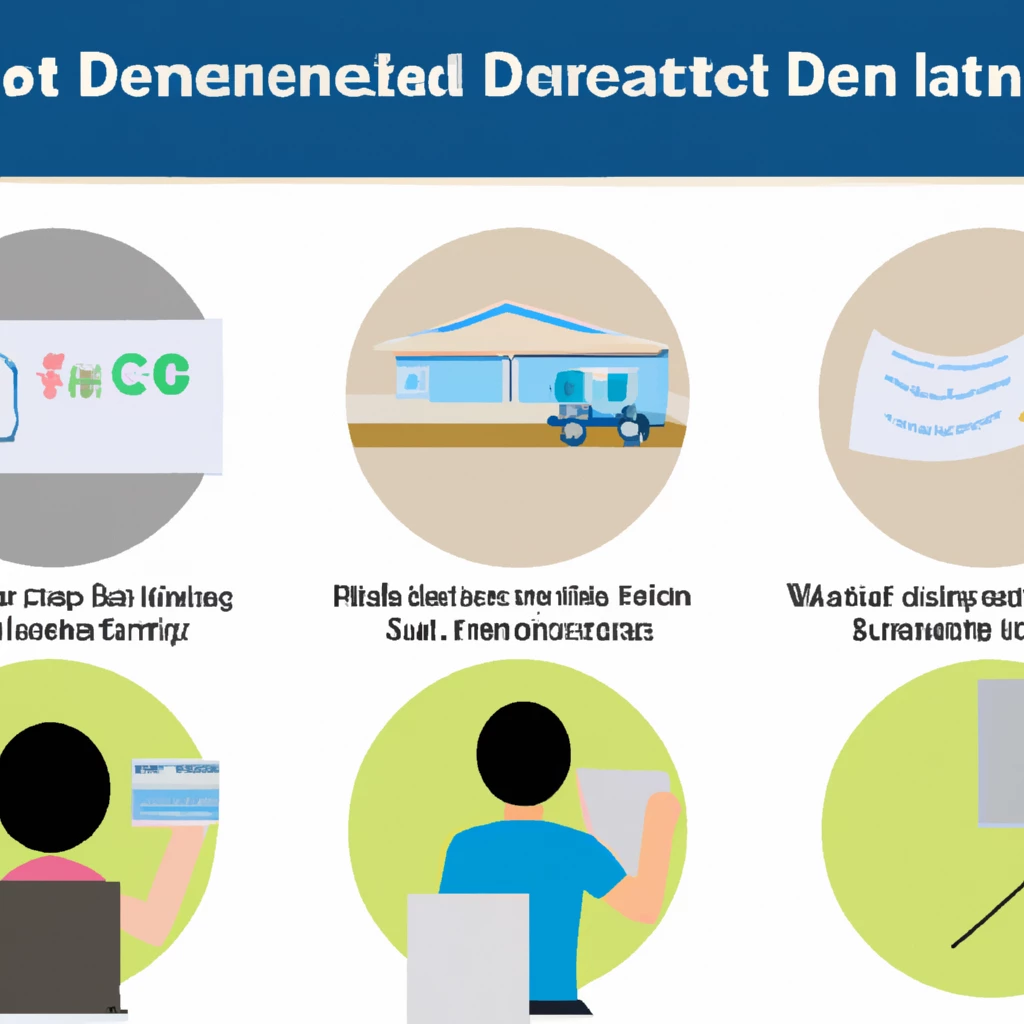What Is a Debt Collector?
In the financial realm, a debt collector serves as the intermediary tasked with recouping outstanding debts on delinquent accounts for creditors. When individuals fail to meet their financial obligations, creditors enlist the services of debt collectors to recover the owed sums. Typically, debt collectors are compensated through either a set fee or a percentage of the recovered amount. Some collectors operate as debt buyers, wherein they purchase debts at a discounted rate and then pursue the full or partial repayment from debtors. These professionals are also commonly referred to as collection agencies or agents.
Key Features:
- Debt collectors aim to recover overdue debts on behalf of creditors.
- They are often remunerated based on a percentage of the sum collected.
- Some collectors acquire delinquent debts at reduced rates to collect on their behalf.
- Consumer protection laws regulate debt collection practices to prevent aggressive behaviors, though violations can lead to legal actions against the collectors.
Cecilie_Arcurs / GettyImages
Understanding Debt Collectors
Upon defaulting on a debt, the lender or creditor may engage a debt collector or agency to manage the outstanding account. This transition to debt collection typically occurs within three to six months post-default, depending on the creditor. Debts subject to collection efforts include overdue payments on credit cards, utility bills, auto loans, phone bills, and unpaid taxes.
Debt collectors communicate with debtors via written correspondence, phone calls, and may even make physical visits. Contact can extend to personal and work-related phone numbers, in addition to reaching out to the debtor’s acquaintances for contact verification.
Upon agreement from the debtor to settle the debt, the creditor compensates the collector, usually a portion of the retrieved amount, unless a flat-fee arrangement is in place.
Some entities purchase overdue debt from creditors at a fraction of the original value, attempting to collect the full amount independently. In successful collections, the collectors retain the entirety of the recovered sum.
Variations in debt collectors exist, classifying them as either in-house employees of the creditor or third-party agents working for specialized external agencies dedicated to debt retrieval.
Debt Collector Regulations
Debt collectors operate under the guidelines outlined in the Fair Debt Collection Practices Act (FDCPA), enforced by the Federal Trade Commission (FTC). The regulations, established in 1978, safeguard consumers against unethical debt collection tactics, prohibiting abusive, deceitful, or unfair methods during debt recovery processes.
- Debtors cannot be contacted outside the hours of 8 a.m. to 9 p.m.
- Threats of arrest for non-payment are prohibited.
- Restrictions on the frequency of calls, capped at seven attempts per week.
- Physical harm or intimidation is strictly forbidden.
- Asset seizure necessitates court approval.
Debtors possess rights under the law, including the ability to demand cessation of communication by informing the collector via written notice, barring any further contact attempts.
The Consumer Financial Protection Bureau (CFPB) introduced a new Debt Collection Rule in 2021, detailing additional obligations for debt collectors. One such requirement is furnishing specific information when first contacting debtors, such as the collector’s details, the creditor’s identity, relevant account particulars, and a comprehensive breakdown of the debt. Additionally, debtors receive guidance on disputing inaccurate debts.
Instances of misconduct by debt collectors can be reported to the FTC, CFPB, or the state attorney general for appropriate action.
Disclosing debt information to unauthorized parties is prohibited, and complaints against collectors can be lodged with regulatory bodies, with the option to pursue legal action in state or federal courts if necessary.
Example of a Debt Collector
Consider this hypothetical scenario illustrating the workings of debt collectors. Suppose Jesse owes $15,000 to ABC Bank on a credit card and has defaulted on payments for six months due to financial strain. After in-house attempts at collection by the bank, the delinquent account is forwarded to an external collection agency for further action.
Upon receiving the account, the collection agency notifies Jesse of their responsibility for the debt and initiates collection efforts through written and telephonic communications.
Successful recovery yields compensation to the agency, with a portion or percentage forwarded to the original creditor, marking the account as settled.
Do Debt Collectors Report Information to Credit Bureaus?
Yes, debt collectors may report debts to credit bureaus following debtor communication. Such delinquencies reflect on credit reports tied to the original creditor’s name, impacting credit scores for up to seven years, predominantly influenced by payment history.
Does the Fair Debt Collection Practices Act Cover Business Debts?
The Fair Debt Collection Practices Act exclusively pertains to consumer debts, encompassing mortgages, credit cards, auto loans, student loans, and medical expenses.
Does the Internal Revenue Service Use Debt Collectors?
Indeed, the Internal Revenue Service (IRS) may engage private agencies for tax debt collection, typically issuing a formal notice, CP40, to taxpayers. Vigilance against fraudulent claims impersonating IRS representatives is advised, urging taxpayers to validate such communications directly with the IRS.
Are Debt Collectors Licensed?
Licensing requirements for debt collectors vary by state, with compliance necessary under the federal Fair Debt Collection Practices Act nationwide, supplemented by state-specific regulations safeguarding borrowers.
The Bottom Line
Debt collectors serve as crucial entities aiding creditors in debt recovery efforts, working within legal frameworks to prevent overreach or misconduct. Striking a balance between creditor rights and debtor protections, these professionals play a vital role in the financial ecosystem.
